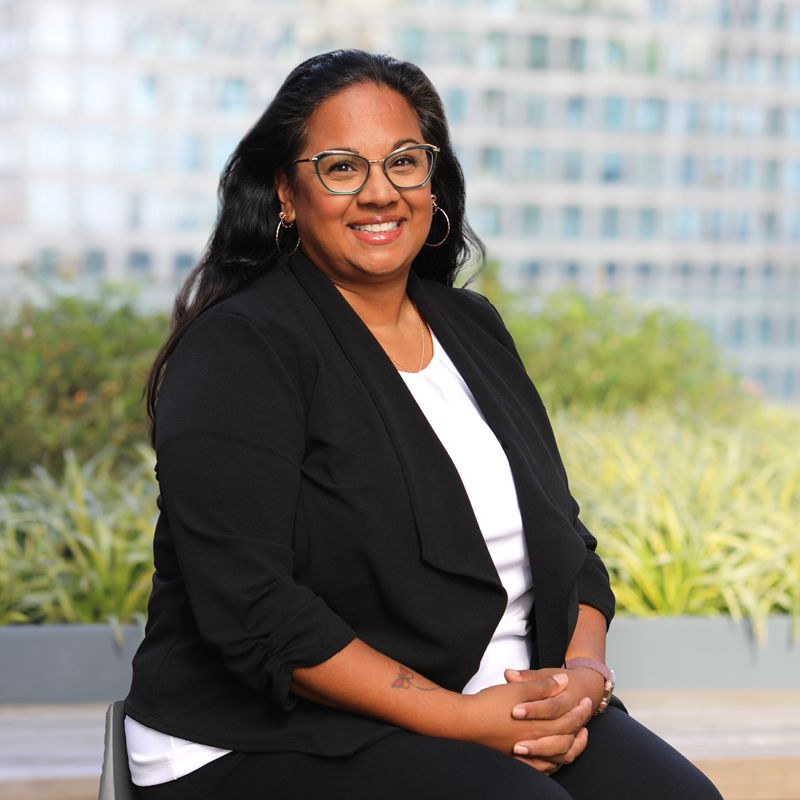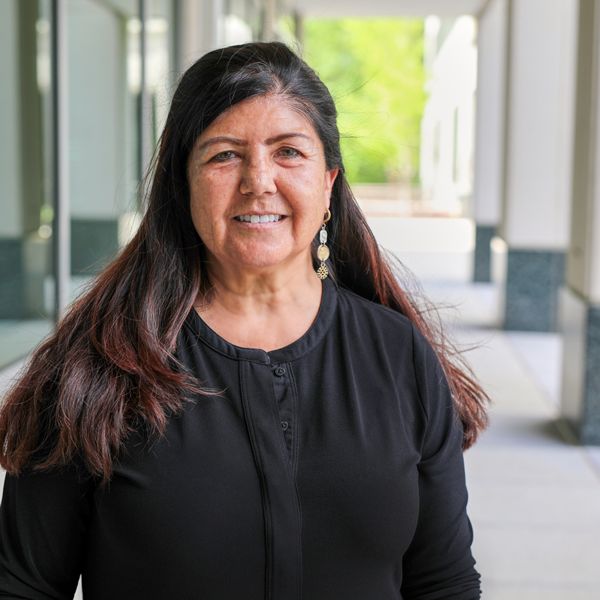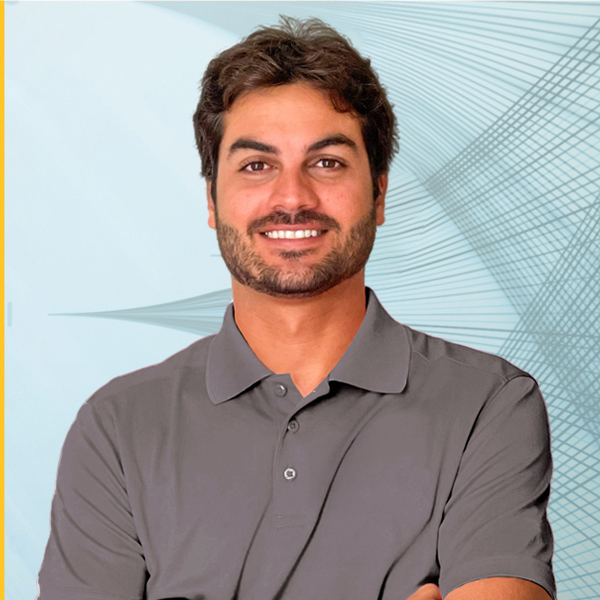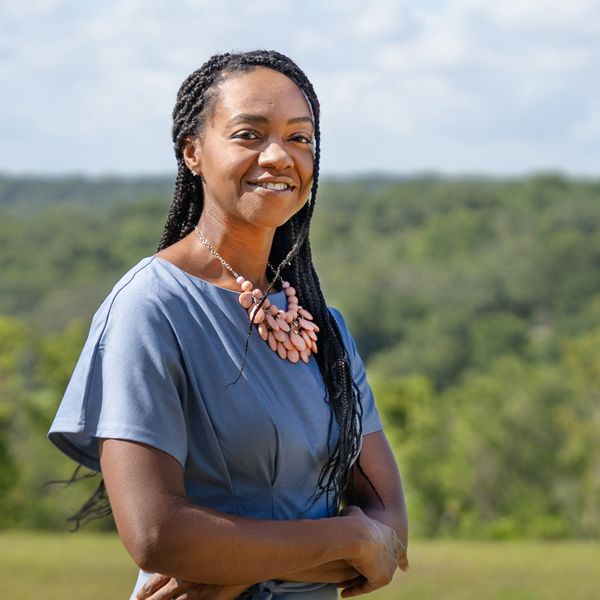ICF is a leading global solutions and technology provider. We combine unmatched expertise with cutting-edge technology to help clients solve their most complex challenges, navigate change, and shape the future.
Building a more prosperous and resilient world for all
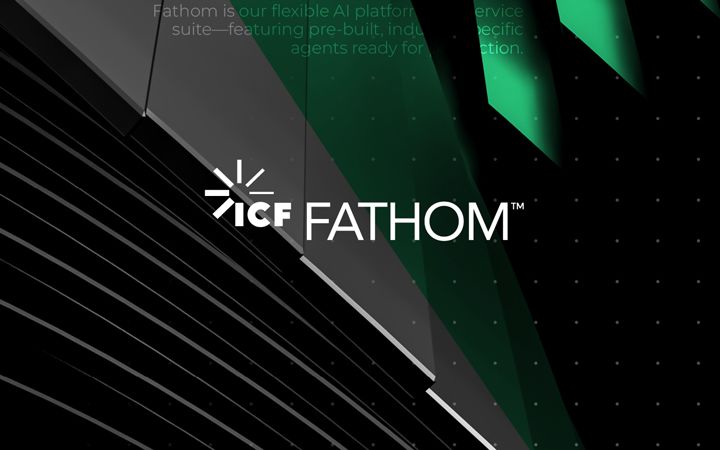
Deploying AI with ICF Fathom
We are bringing the transformative power of AI to organizations and unlocking new pathways to innovation and impact through ICF Fathom, our suite of tailored AI solutions and services.
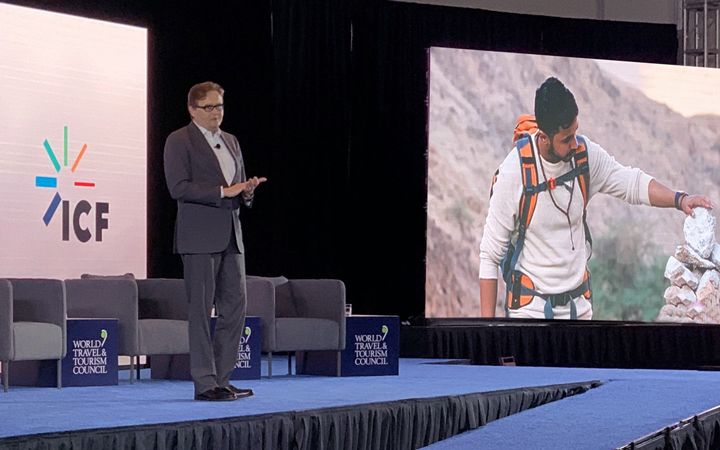
Leaders with passion
At the heart of ICF are leaders who truly care about the work we do—and the people making it happen.
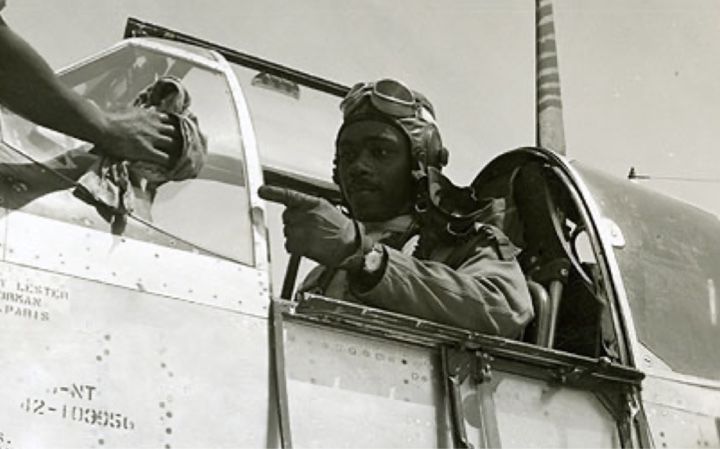
50+ years of impact
In 1969, a WWII veteran and former Tuskegee Airman, along with three U.S. Department of Defense analysts, founded the Inner City Fund to finance businesses in Washington, D.C. Since then, we’ve built the largest health data surveillance system, pioneered tools for energy modeling and market forecasting still used today, and supported America’s largest housing recovery effort. Just to name a few.
Solutions for fast-changing industries
With cutting-edge technology and unparalleled expertise, we’re helping clients solve some of the most complex challenges of our generation.
A trusted partner












A recognized leader




Purpose-driven team
We’re business analysts and policy specialists working alongside technologists, data scientists, and creatives united by a culture driven by our purpose and values.
Never business as usual
Data privacy
We respect the confidentiality of all personal data.
Ethics and compliance
At ICF, trust is key to our business.
Partnerships and alliances
We constantly seek opportunities to collaborate.
Government contract vehicles
ICF's contracts portfolio expedites delivery of our services to clients across the U.S. federal government.
Board of directors
ICF’s board members are highly experienced in helping businesses and organizations achieve ambitious goals.
Talk to an expert about your challenge today

